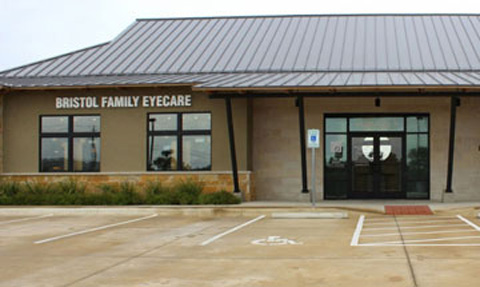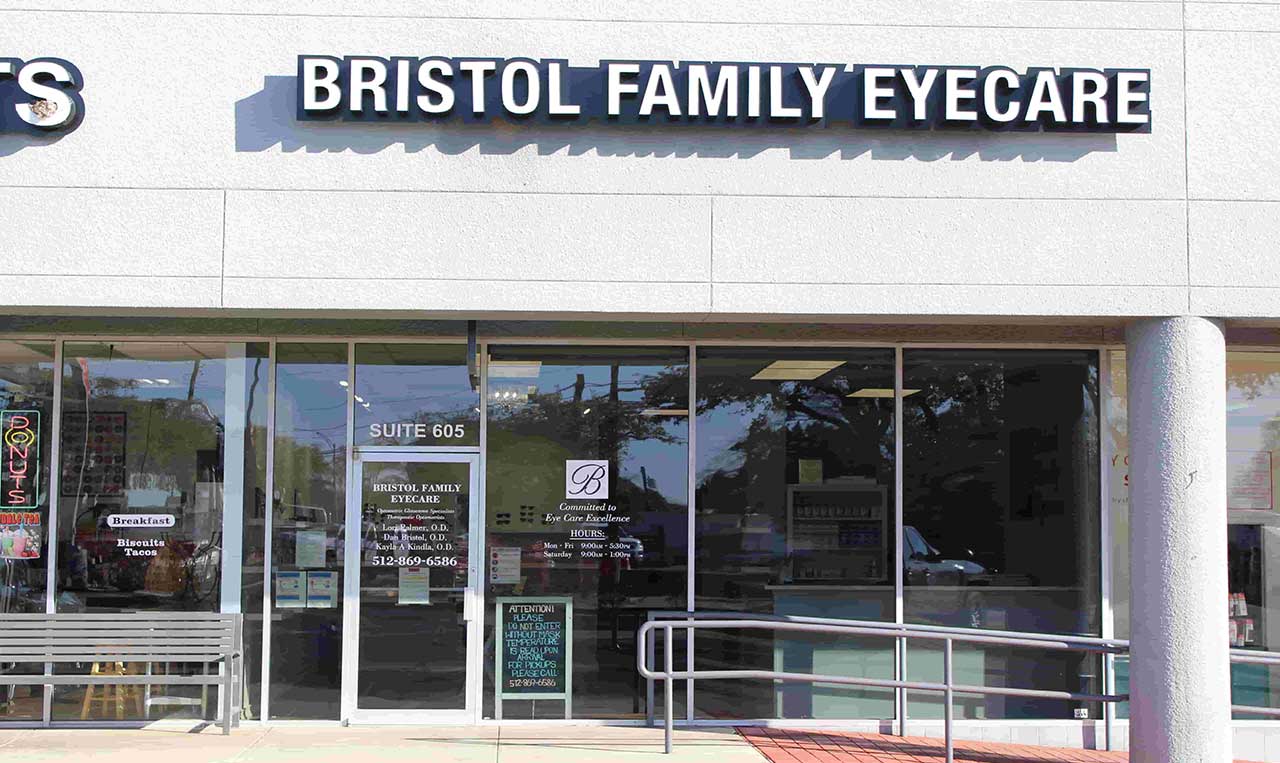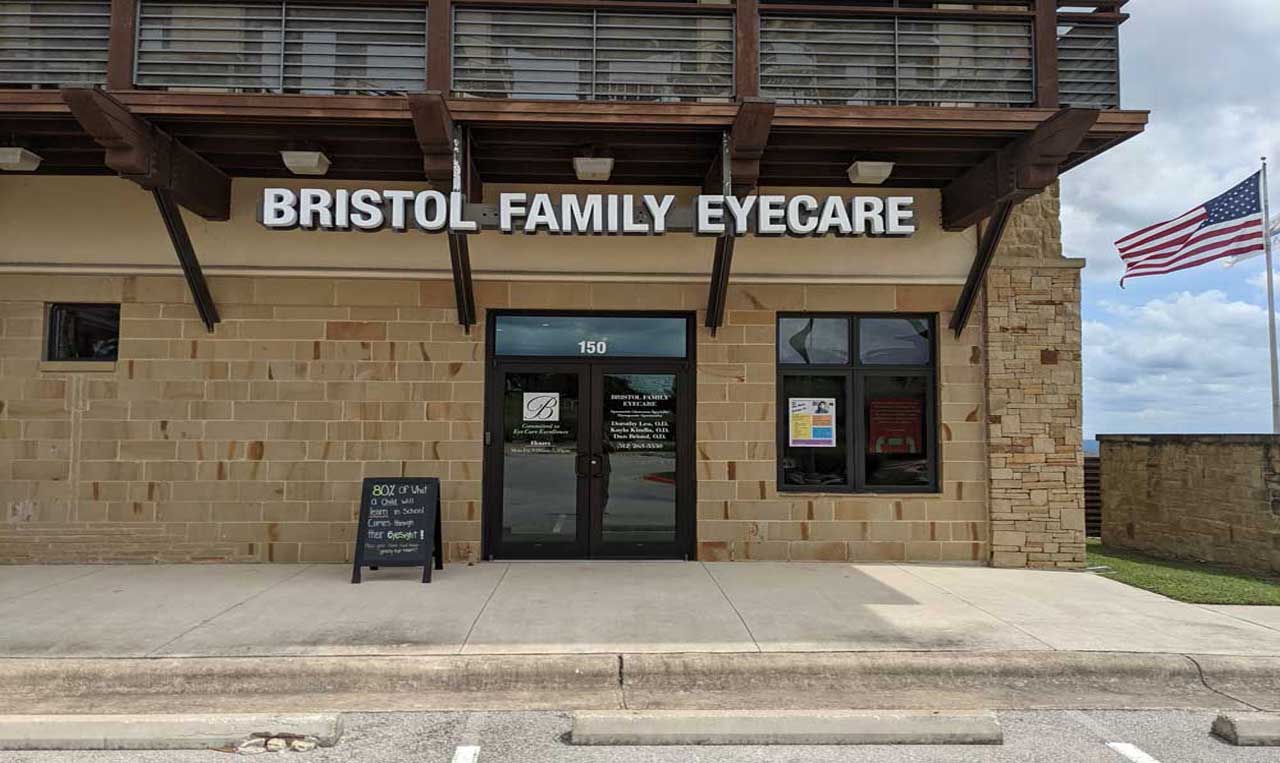Glaucoma Doctors
near Austin, TX

At Bristol Family Eyecare, our doctors have extensive experience and access to advanced technology that helps us catch even the earliest signs of glaucoma, allowing us to protect your vision with a personalized treatment plan.
Our Austin Glaucoma Specialists
At Bristol Family Eyecare, we’re proud to have a certified Optometric Glaucoma Specialist on our staff, Dan Bristol, O.D. He takes the time to learn about your needs and vision history, because understanding both your eye condition and lifestyle will inform our care. We love to build strong relationships with our glaucoma patients because we know how important it is to receive tailored, quality care.

What is Glaucoma?
Glaucoma is a group of conditions that cause pressure within your eye, or intraocular pressure (IOP), to build. This puts stress on your optic nerve that can distort your eyesight and cause irreversible vision loss.
There are several types of glaucoma, but two are more common than others:
- Open Angle Glaucoma: This accounts for nearly 90% of glaucoma cases. In open angle glaucoma, the eye’s drainage paths gradually become clogged and cause IOP to slowly rise over time.
- Angle Closure Glaucoma: While less common, angle closure occurs when the drainage openings become suddenly blocked and cause rapid vision loss. It requires immediate emergency medical attention.
Any vision loss you suffer from glaucoma, regardless of type, is permanent because the optic nerve doesn’t have the ability to recover from damage. Getting regular eye exams enables us to recognize early warning signs or risk factors and prevent glaucoma from progressing to this point.

Glaucoma is a group of conditions that cause pressure within your eye, or intraocular pressure (IOP), to build. This puts stress on your optic nerve that can distort your eyesight and cause irreversible vision loss.
There are several types of glaucoma, but two are more common than others:
- Open Angle Glaucoma: This accounts for nearly 90% of glaucoma cases. In open angle glaucoma, the eye’s drainage paths gradually become clogged and cause IOP to slowly rise over time.
- Angle Closure Glaucoma: While less common, angle closure occurs when the drainage openings become suddenly blocked and cause rapid vision loss. It requires immediate emergency medical attention.
Any vision loss you suffer from glaucoma, regardless of type, is permanent because the optic nerve doesn’t have the ability to recover from damage. Getting regular eye exams enables us to recognize early warning signs or risk factors and prevent glaucoma from progressing to this point.
Glaucoma Symptoms
Minor blind spots or “tunnel vision” can sometimes be the first and only warning signs you get for open angle glaucoma, and once these symptoms arise, they are permanent.
Angle closure glaucoma symptoms can come on much more quickly, with symptoms that include:
- Blurry vision
- Visual distortion, including waves and halos around light sources
- Severe headaches or eye pain, sometimes leading to nausea
- Sudden vision loss or dramatic changes in vision quality
This tendency of glaucoma to seemingly come from nowhere is why annual eye exams are important. Your eye doctor can monitor things such as fluctuations or rises in intraocular pressure to know if there’s cause for concern.

Glaucoma Risk Factors
There isn’t a singular cause of glaucoma, but there are a number of factors that can help identify if someone is more likely to be at risk for glaucoma, including:
- Being over 40 years old
- Being African American, Hispanic, or Asian
- Being menopausal or pregnant
- Being a tobacco smoker
- Having high blood pressure, diabetes, or heart disease
- Having other conditions affecting the eye, such as cataracts or uveitis
- Having a family history of glaucoma
- Having elevated intraocular pressure (IOP)
Our eye doctors take the time to discuss your background, medical history, and lifestyle to determine your risk and plan accordingly.
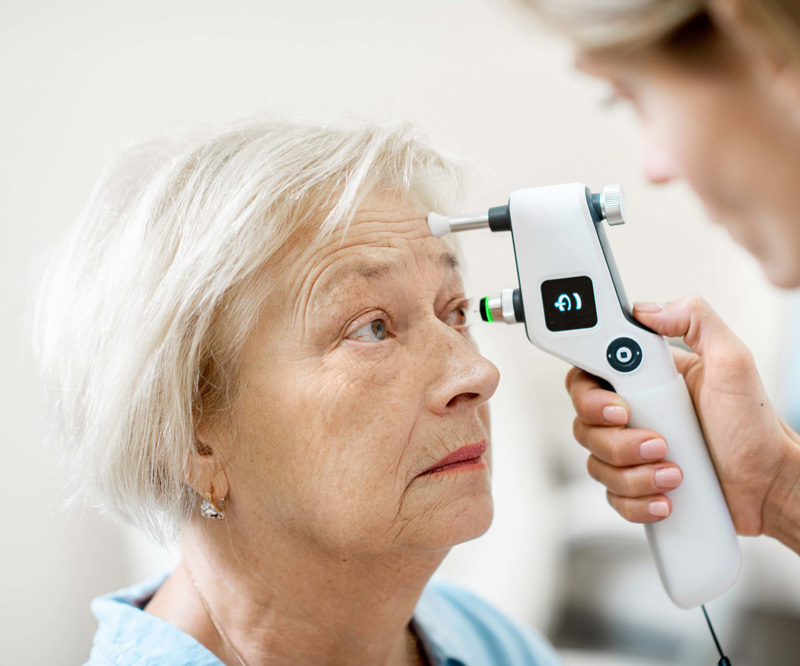
How We Diagnose Glaucoma
It’s hard to overstate the importance of catching glaucoma early. When you come in for a comprehensive eye exam, we carefully measure the eye’s internal pressure (IOP) using state-of-the-art diagnostic technology. If you have an increasing, fluctuating, or already-high IOP, this is often a strong indicator of glaucoma.
We also use a range of equipment to test and track your visual field and the health of your retina and optic nerve to detect the earliest signs of vision loss and damage to these delicate structures.
How We Treat & Manage Glaucoma
When glaucoma is caught early, the progression (and the resulting vision loss) can be slowed and even stopped. There are a number of treatments we provide that help manage glaucoma and protect your vision, many of which work well together.

Medicated Eye Drops
The first step we take in treating glaucoma is prescribing specialized eye drops. For early cases in particular, a drop regimen can be enough to halt glaucoma’s progression.
The drops can serve any of a couple different functions. Some decrease pressure by encouraging fluid drainage from the eye. Others will actually prevent the eye from producing as much internal fluid to begin with. We’ll choose the right drops for your case, and monitor your eyes to ensure they’re working.

Medications & Supplements
For some patients, we may suggest changes to your medication schedule, or prescribe medication that helps reduce intraocular pressure. Similarly, there are ocular health supplements that, in the early stages of glaucoma, are meant to help protect the optic nerve. We do take extra caution to be aware of other components of your overall health before adjusting your medication or supplement intake.
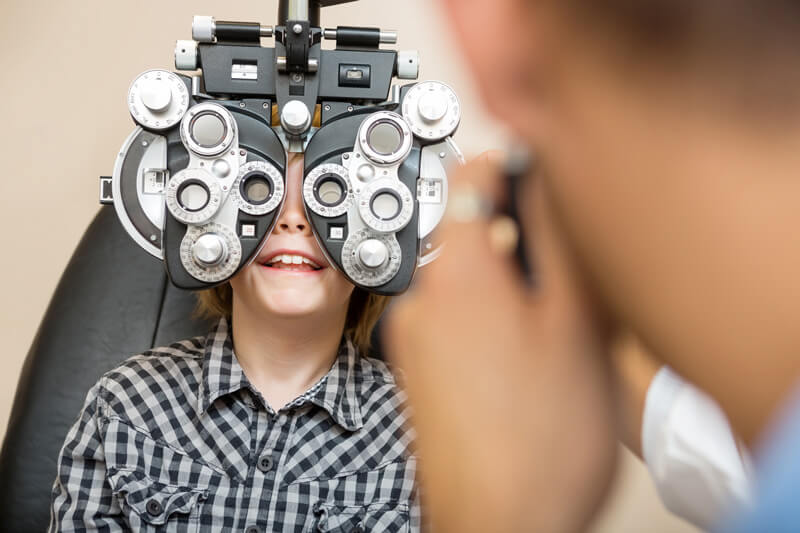
Surgery Co-Management
Severe cases of glaucoma may require surgery. There are several different types, but they generally aim to improve your eyes’ drainage. We’ve built relationships with the region’s best glaucoma surgeons, and trust them to take care of you. We’ll be with you throughout the process to co-manage your care, ensure your surgeon knows your eyes as well as we do, and provide a comfortable experience.
Medicated Eye Drops

The first step we take in treating glaucoma is prescribing specialized eye drops. For early cases in particular, a drop regimen can be enough to halt glaucoma’s progression.
The drops can serve any of a couple different functions. Some decrease pressure by encouraging fluid drainage from the eye. Others will actually prevent the eye from producing as much internal fluid to begin with. We’ll choose the right drops for your case, and monitor your eyes to ensure they’re working.
Medications & Supplements

Surgery Co-Management

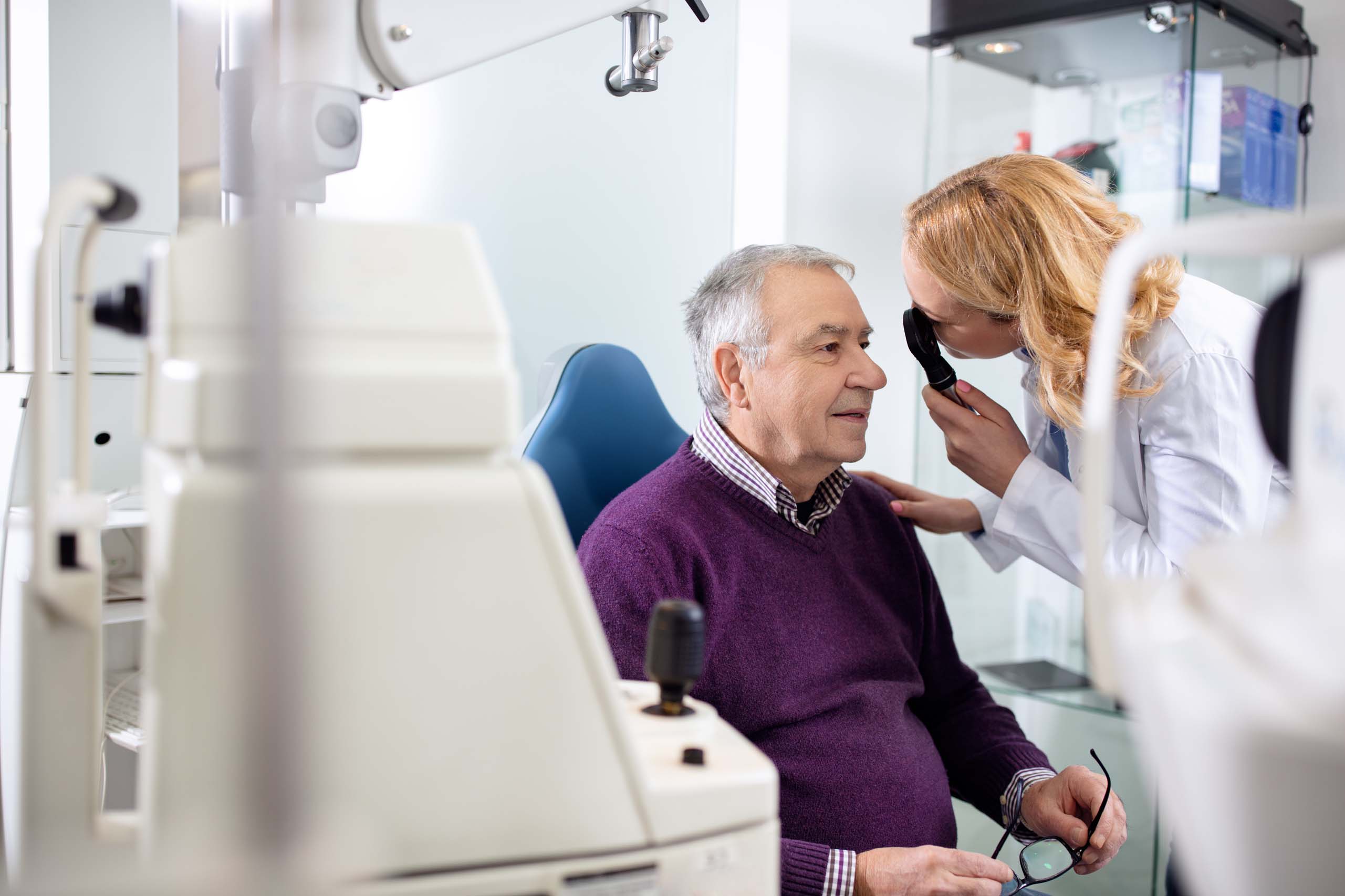
Glaucoma Specialists
at Bristol Family Eyecare
Glaucoma can be a scary condition, but you’ll be in the care of Austin’s finest eye doctors when you come to Bristol Family Eyecare. We provide expert glaucoma management using the state-of-the-art technology to find early warning signs of glaucoma and help you halt it, while giving you the kind and considered attention you deserve. It’s all part of our mission to enrich your life through eye care.
Our doctors learn about your needs as an individual and tailor all their care to you. To learn more about our glaucoma management, [schedule an appointment] with Bristol Family Eyecare today!

